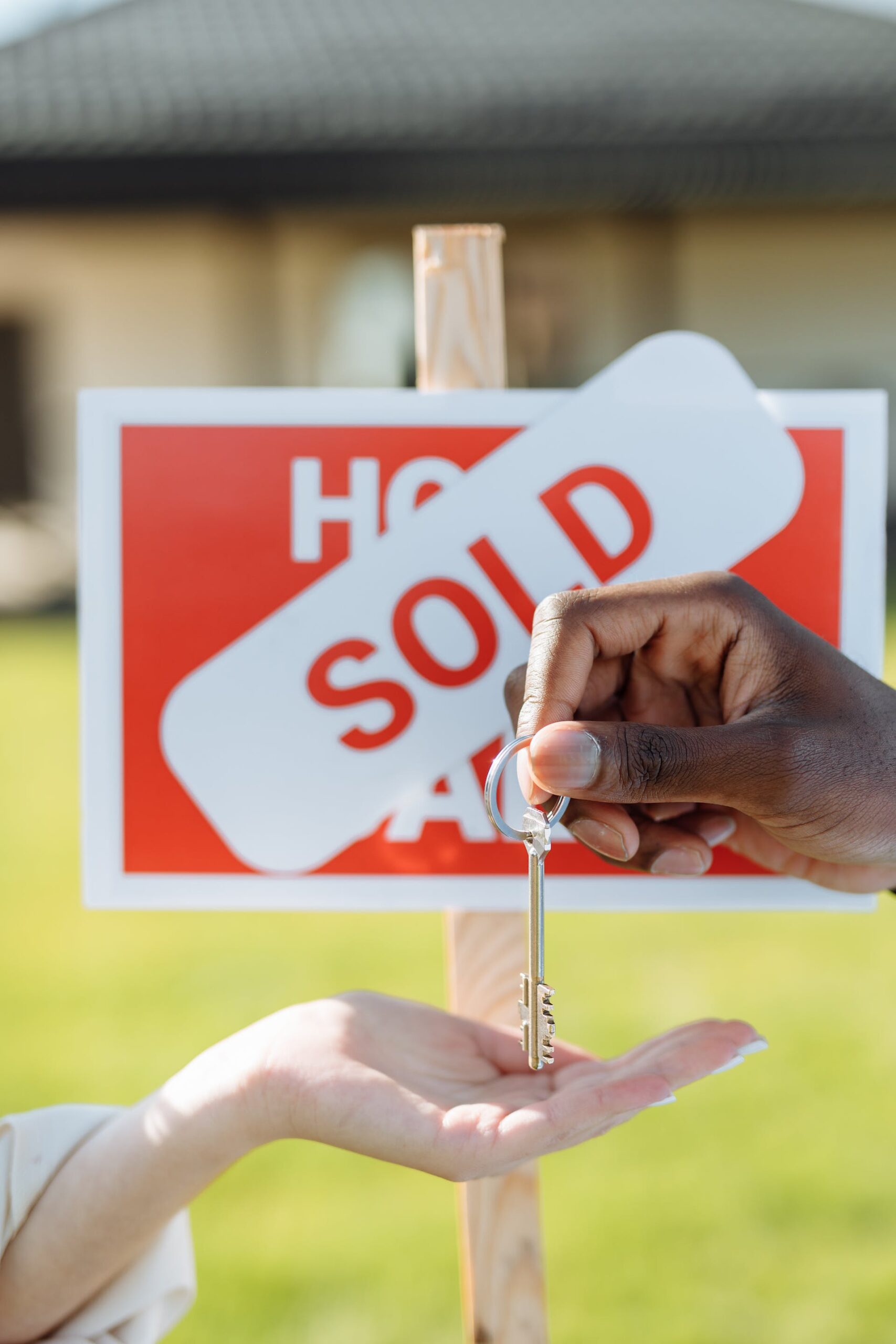
Home sellers, regardless of their motivations, prioritize profit, except for rare instances where selling at a loss is an unavoidable reality.
Understanding the local trends in your market is not enough to sell your home for the best price.
According to Reynolds EmpowerHome Team, a firm of Real Estate Agents Northern Virginia, many factors play significant roles in home sales. If not well managed, they can reduce your profit or make it almost impossible to break even.
That is why navigating the intricacies of home sales can be daunting, but with careful planning and a strategic approach, you can achieve a successful and profitable sale.
Table of Contents
Types of home buyers
In your quest to get your house off the market, you will likely meet with different types of home buyers. Understanding the motivation of these buyers can help during the sale negotiation.
Generally, there are two types of home buyers: will-buyer and must-buyer.
Will-buyer
The will-buyers are usually speculators and investors who are only in the market for good-priced property they can buy and flip. They are more likely to offer below-market price and usually go through with the deal once you accept.
The will-buyers are perfect options for sellers you are in haste to sell.
Must-buyer
The must-buyers are not necessarily searching for a home they will flip for profit in a few years. They are usually first-time home buyers or families who are looking to move.
This buyer group will likely develop an emotional connection with the home, probably because it looks like their childhood home or dream house.
They will typically pay a market price or higher for a listed property because they intend to own it.
Closing deals with a must-buyer can be challenging as they might not have enough cash for a down payment and require financing options like FHA loans.
Factors that affect a home sale profit
Profit is basic business knowledge; selling a house at a price higher than the purchased price provided the cost of renovation or remodeling is also covered.
This means for a home sale to be considered profitable; the selling price must be more than the sum of the purchase price and the amount spent on renovation projects.
The value of your home is determined by what willing buyers in the market are prepared to pay for it. However, individual buyers have varying priorities and preferences.
Each buyer’s unique needs and circumstances influence their assessment of a home’s value. While some buyers might prioritize spacious living areas and modern amenities, others might value a home’s location within a specific neighborhood or school district.
Below are some factors that can affect your home value, which can invariably affect profit;
Location
The proximity of your home to quality schools, shopping, entertainment centers, and employment opportunities can improve its value.
You will likely see an exponential increase in the value of your home upon the arrival of employment opportunities that were absent at the time of the purchase. A typical example is the Silicon Valley in North Carolina.
Home size and features
Remodeling and renovation can improve a home’s size and features. If well-planned, this can improve your home value and profit.
For instance, a minor bathroom remodel can add up to 102 percent of its cost at resale. A realtor who shared his experience with Forbes said a client got offers for $25,000 higher than the previous week after installing a $300 dining room chandelier.
Age and condition
The older your home, the higher the probability of it being out of style and requiring a high maintenance cost.
New homes naturally command more value. However, historical homes are very valuable regardless of age and condition.
Security
No one wants to wake up to gun shooting in their street. Homes located in areas that are prone to gang-related violence will be less valued compared to peaceful neighborhoods.
How to sell your home cheaper
In a typical real estate transaction, sellers should expect to spend 8 to 12 percent of the home’s sale price on additional costs. Historically, real estate commission is usually between 5 to 6 percent of the sale price.
So, if you want to sell a house for $450,000, you may end up paying $54,000 in commission and other expenses.
Some of the ways to reduce this cost include:
-
- FSBO (For Sale By Owner)
This is the cheapest way to sell a house, although very tedious. With millions of homes sold yearly, 7 percent are sold by FSBO. Leverage your network to see who might be interested in your home. It will save you agent commission. - Flat fee real estate agent
Flat-fee agents charge a fixed fee regardless of the sale price of your home. This can significantly reduce your overall selling costs.
- FSBO (For Sale By Owner)
- We buy home companies
Many sellers are sentimental and want to ensure their cherished abode finds a new owner who will appreciate and care for it as they did. This might make them consider a lower offer from a family they think aligns with their value. Owners who do not hold a sentimental value can sell to investors, such as We Buy Home Companies, and eliminate agent commission, among other expenses.
Tips to sell your home faster and for the best price
To sell your house faster and for the best price:
- Hire a trusted real estate agent
- Get a pre-listing inspection
- Stage your home
- Negotiate the best offer, not just the highest offer
- Be less emotional about the sale so you can use your head and not your heart during negotiations
- Identify and choose the right time to sell



